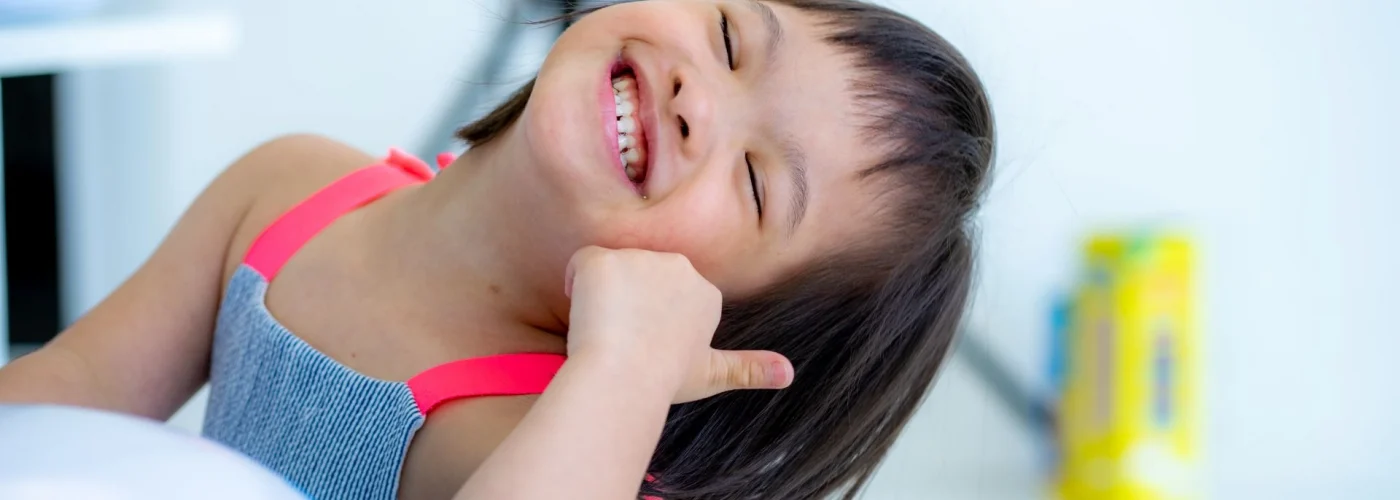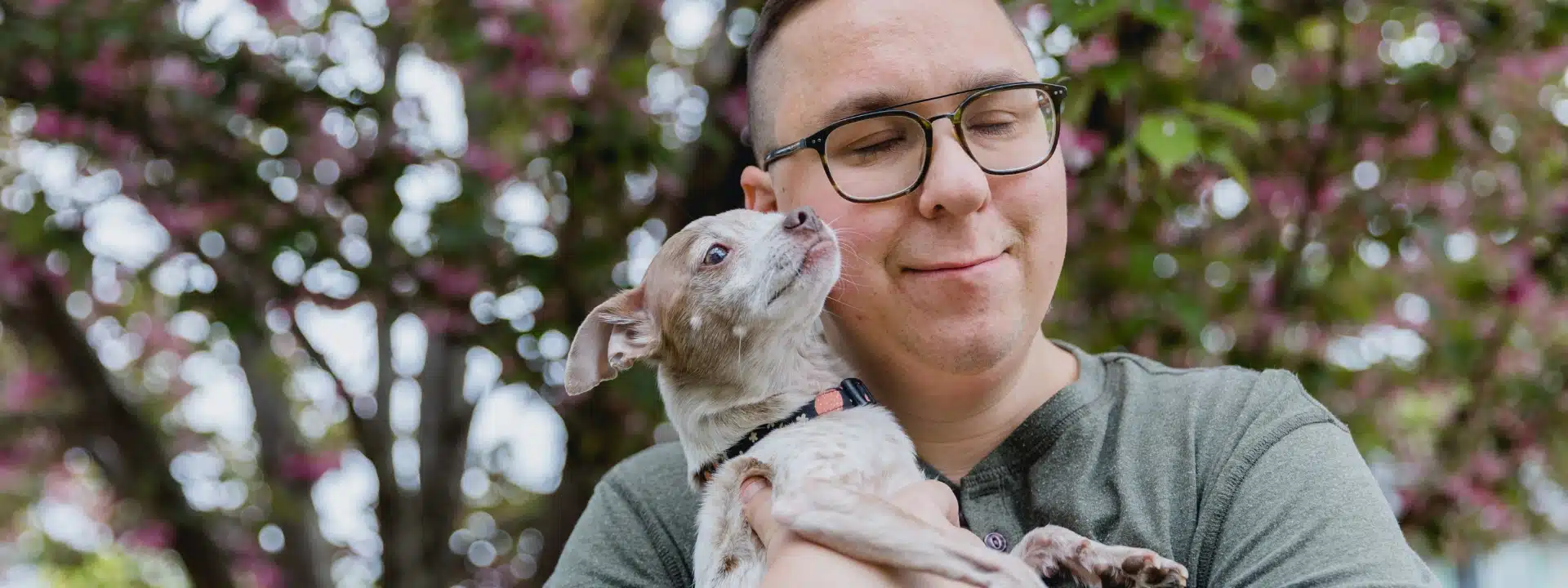Being a teen is tricky. You’re figuring out who you are. You’re trying to make friends and dealing with school.
For some girls, this is even harder. Social interactions feel draining. It’s common to feel different and like you don’t fit in.
So, have you ever wondered if you could be autistic?
Autism in girls often looks different than in boys. Many girls go undiagnosed because they don’t fit typical stereotypes. Instead of showing obvious social issues, autistic girls usually copy others to blend in. This masking makes it challenging to spot autism, even when it impacts daily life.
Recognizing the signs is key. Let’s explore the characteristics of autism in teenage girls, backed by research. If any of these sound familiar, remember that support is available.
1. Tough Time with Social Interactions
Struggling to connect feels like solving a puzzle. Conversations feel confusing. You wonder when it’s your turn to speak. Group settings become overwhelming, leaving you drained. Others may chat easily, but you find it shallow. You prefer deeper discussions but avoid casual talk.
A 2024 study by Urbaniak et al. showed that 80% of autistic girls struggle with friendships. They often use masking to fit in. This strategy delays diagnosis by five years compared to boys.
Such masking makes social interactions messier and increases anxiety and depression risks for autistic girls. We need to focus on identifying these hidden struggles sooner.
2. Special Interests Become All-Consuming
Do you have a passion that fills your thoughts? It could be a book series or a hobby. When you find an exciting topic, you explore it thoroughly. You might spend hours learning or mastering skills. Others may not get your enthusiasm, but it brings you joy.
Research shows special interests are key to autism profiles. For girls, these often focus on social areas—like animals or languages. Many autistic girls express their passions through art. Their interests run deeper than their friends, offering comfort and a way to understand the world.
This aligns with findings from Ingvild Kalsnes Jørstad Aurebekk, who found that autistic girls often channel their energy into creative pursuits. These activities provide joy and coping strategies for social challenges. Supporting these interests is vital for their growth and acceptance.
3. Sensory Sensitivities Hit Hard
Do certain sounds or lights make you uncomfortable? Bright lights may hurt your head, and loud noises cause anxiety. Some fabrics may feel unbearable on your skin. Sensory sensitivities are common in autism and can disrupt daily life.
A 2024 study by Smees and Simner explored how sensory sensitivities affect creativity in kids ages 6–12. They examined 659 children to see how sensory issues interact with creativity. The study showed that kids with sensory sensitivities can find things overwhelming, influencing their creativity and willingness to try new things.
This finding aligns with the experiences of many autistic girls, who often describe sensory sensitivities as a massive challenge. You might avoid crowded places or wear noise-canceling headphones. Certain food textures may also prevent you from enjoying meals. While others easily tune out sound, you hear everything, making concentrating hard.
4. Love for Routine and Predictability
Change? No thanks. Sticking to routines often feels safer. You may prefer eating the same breakfast or following a specific schedule. Unexpected changes feel hard to handle.
A phenomenological study by Curd and Nguyễn (2024) focused on autistic women’s school experiences. It involved 14 participants who shared their tales from kindergarten to college. Researchers found that routines bring a sense of control. Disruptions can lead to anxiety and vulnerability. Unexpected school changes can trigger strong emotional reactions.
The findings from Curd and Nguyễn’s study underscore the need for educators, administrators, and counselors to recognize the importance of routines for autistic individuals. Predictability reduces anxiety and helps autistic girls feel more secure in school. Routines also empower girls to manage their world comfortably despite their challenges.
5. Anxiety Levels Through the Roof
Do you feel anxious, especially in social settings? Many autistic girls feel extreme pressure to fit in, manage sensory issues, and handle uncertainties.
McKinney et al. (2024) examined the link between camouflaging and well-being in girls ages 11–14. It included 119 girls (70 neurodivergent and 49 neurotypical) who completed surveys during online meetings. The study found that neurodivergent girls face similar challenges to their typical peers but feel the emotional toll more strongly.
Neurodivergent girls reported that they overanalyze social situations. They replay past conversations in their heads to check for “mistakes.” This pressure can lead to avoiding certain situations altogether. Higher levels of camouflaging predicted more anxiety and depression.
6. The Masking Game
Many autistic girls learn to mask their traits. You might copy how others act and rehearse conversations. This camouflaging helps you fit in but drains your energy.
A 2022 study by Milner et al. looked into camouflaging among autistic individuals. The study split participants into three groups: those diagnosed with autism, those showing autism traits without a diagnosis, and those with few characteristics. The research reveals that autistic girls masked more than other groups, and higher levels of camouflaging linked to lower quality of life.
This study highlights the significant emotional toll of camouflaging. The effort to appear “normal” can lead to burnout and isolation. You may wonder if anyone truly knows you. The pressure to mask is intense, especially for girls with higher social expectations. Understanding these behaviors helps improve support systems.
Make Sense of Your Experience
Noticing these signs helps you understand yourself better. Alter Behavioral Health can help if this sounds like you. They support autistic teen girls with special care. Their team knows your struggles and creates personalized therapies.
You don’t have to face everything alone. Asking for help is the first big step. Getting support shows strength, not weakness. With the right help, you can handle challenges confidently.
Being yourself can make life more meaningful. Contact Alter today for support.
If you or someone shows signs of autism, call Alter. They provide kind, complete care for autism. They offer help at every level. This includes crisis support, residential care, and outpatient programs. Call their admissions team now.”



